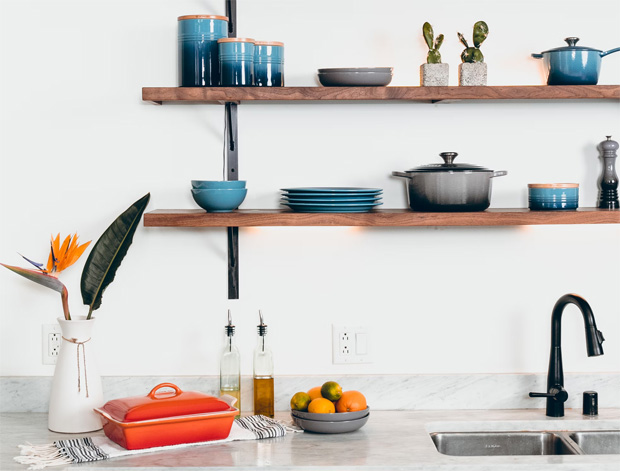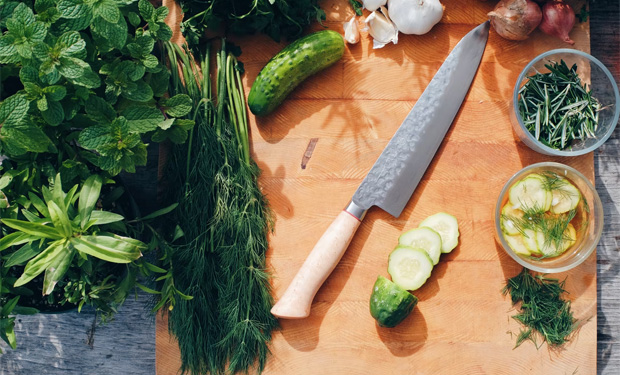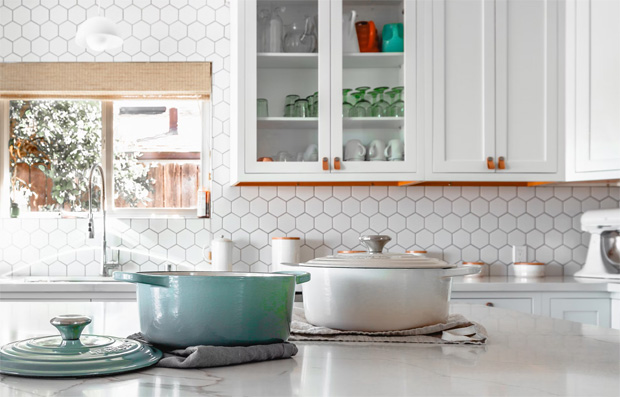Tips for Purchasing Kitchen Tools

Tips for Purchasing Kitchen Tools
Getting the most from your time in the kitchen means having access to the right equipment. Nothing in your kitchen is going to last forever, and certain items are designed to be periodically sharpened, re-sealed, or replaced. If you’re in the market for something new, then it makes sense to do a little bit of research, and to invest in something that you’re going to get maximum use from.
- Budget
You might have a set budget for all of the items in your kitchen. But there are certain items that you’re going to be using more often than others. A quality chef’s knife is something that you’ll come back to again and again – so you should probably spend a lot more on it than you do on more obscure items, like biscuit-cutters.
- Choose the right materials
You’ll have a choice of different materials when it comes to your cookware and utensils. Wooden, stainless steel, copper, plastic and Teflon all have their advantages. Some types of utensils will reliably scratch your cookware, while others may not be compatible with your dishwasher. Make sure that you consider what you already have before you make your decision.

- Consider time-saving options
There are some items in the kitchen that will actually save you a lot of time. Automatic salt and pepper mills, pre-mixed spices, and other clever shortcuts are all effective. One thing that’ll make more difference than anything else is the availability of a sharp knife and the skills you need to use it.
- Pans
Cast-iron, ceramic, copper-bottomed, aluminium: they all have their advantages and disadvantages. Do your research and make sure that you know what’s going to work for you. Bear in mind that if you have an induction hob, then you’ll need to shop for pots and frying pans that are compatible with it.
In a survey of home cooks, cookware specialist Circulon found that around 76% were concerned about nonstick cookware becoming damaging during cooking. If this is you, then it might be time to get acquainted with some of the alternatives, or to look into something more durable and high-quality.

- Storage
You’ll need a place to keep all of your equipment when it’s not in use. This can be problematic when you’re picking out bulky items like stand mixers and bread-makers. Before any major purchase, consider not just whether you have the resources, but whether you have the space to put them.
Naturally, if storage is a big problem, then you might seek to make space elsewhere in the house. Or, you might look at selling the items that you aren’t using. You might be able to recoup some of your losses, or make a donation to charity in the process.
Guest Article.





